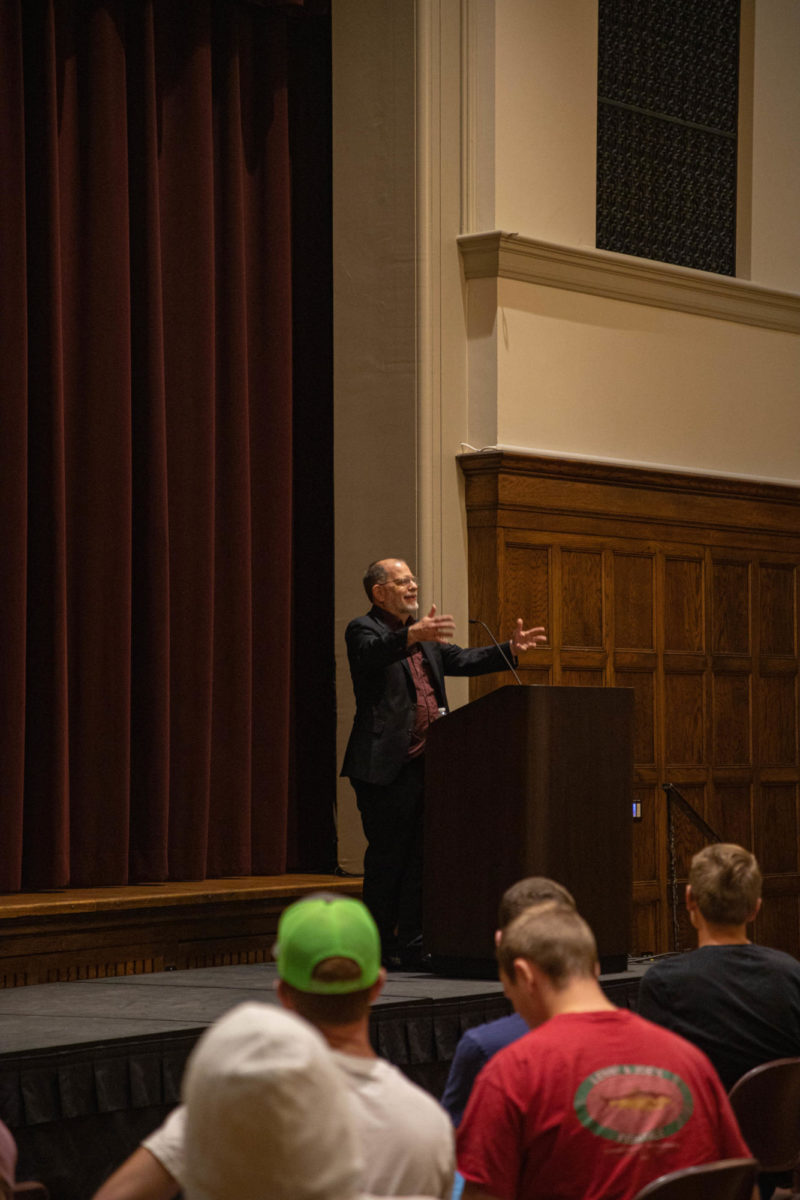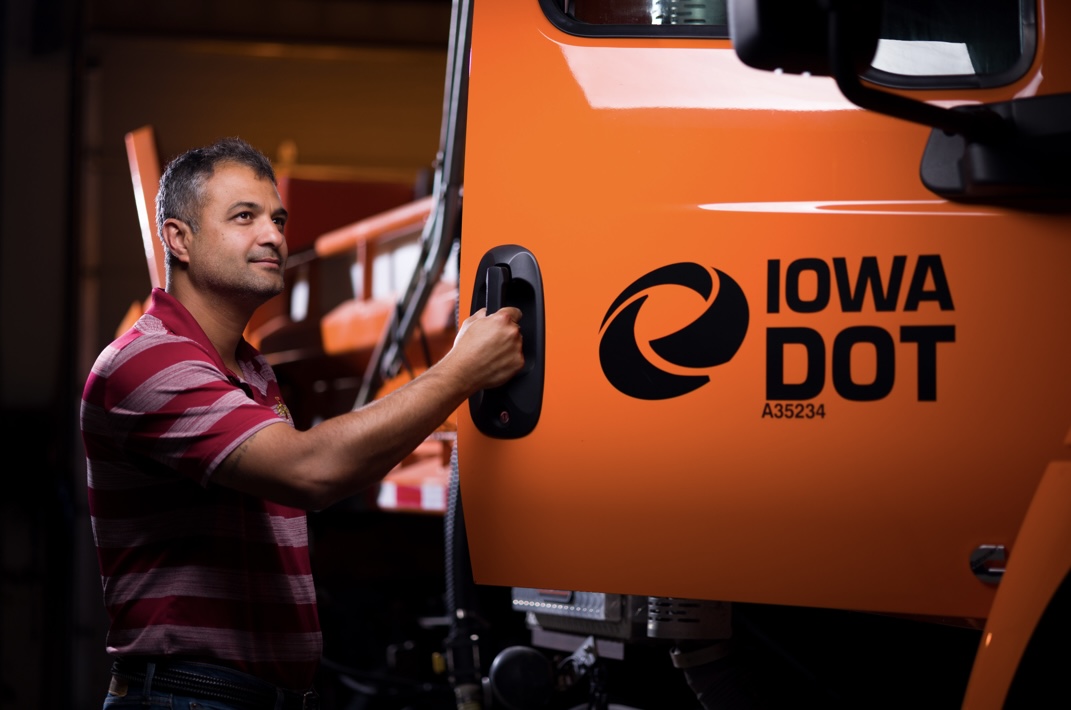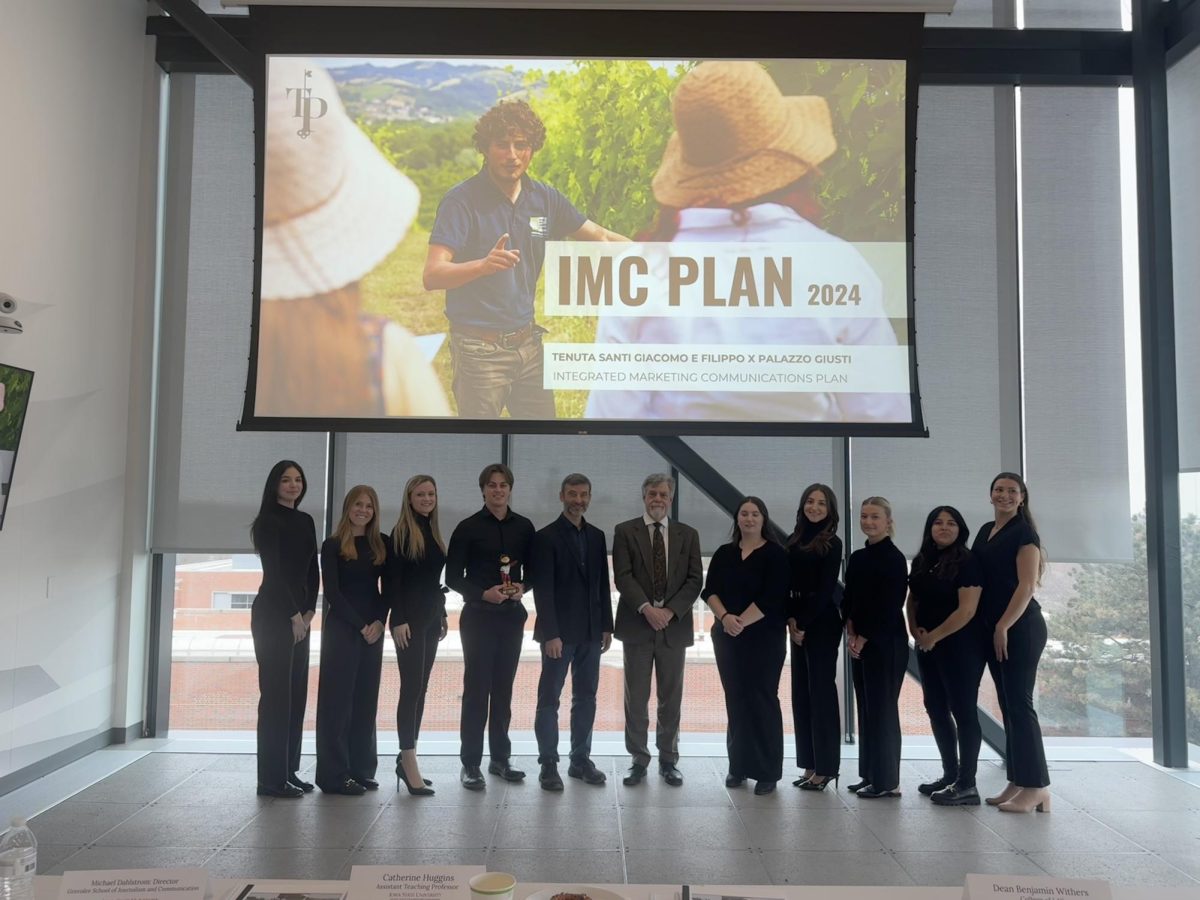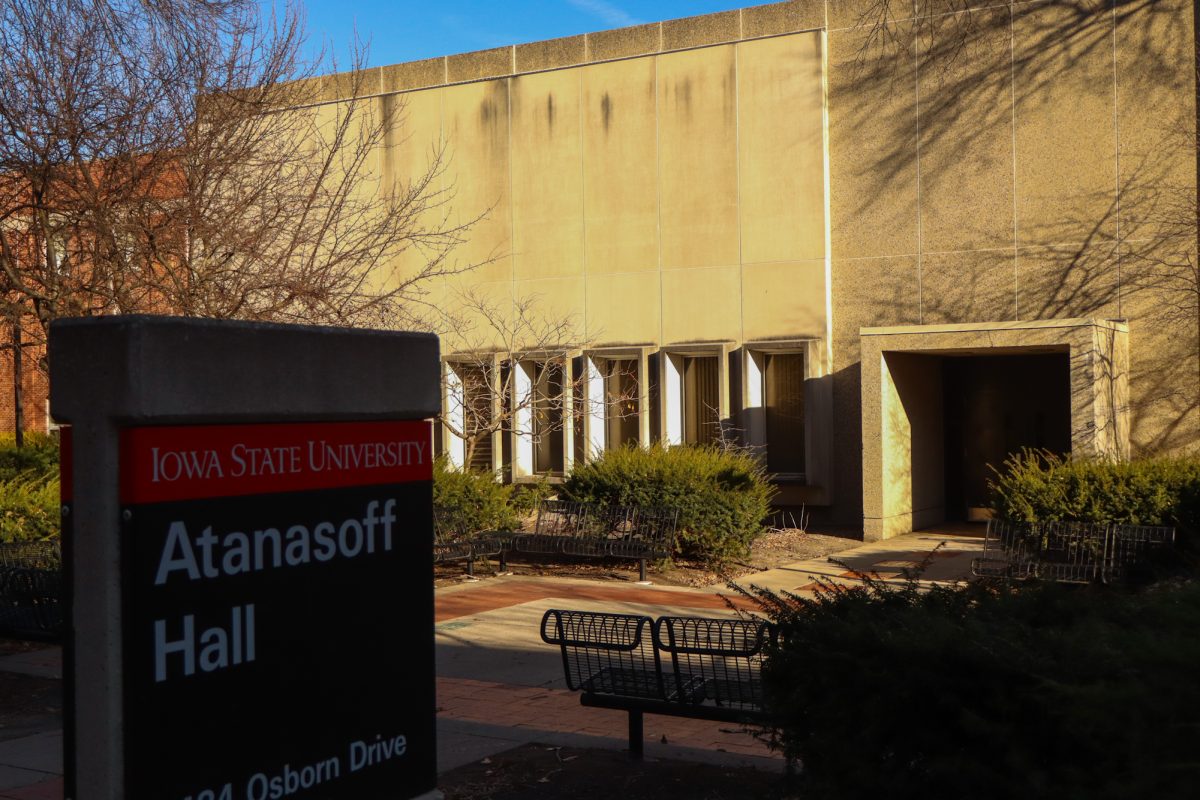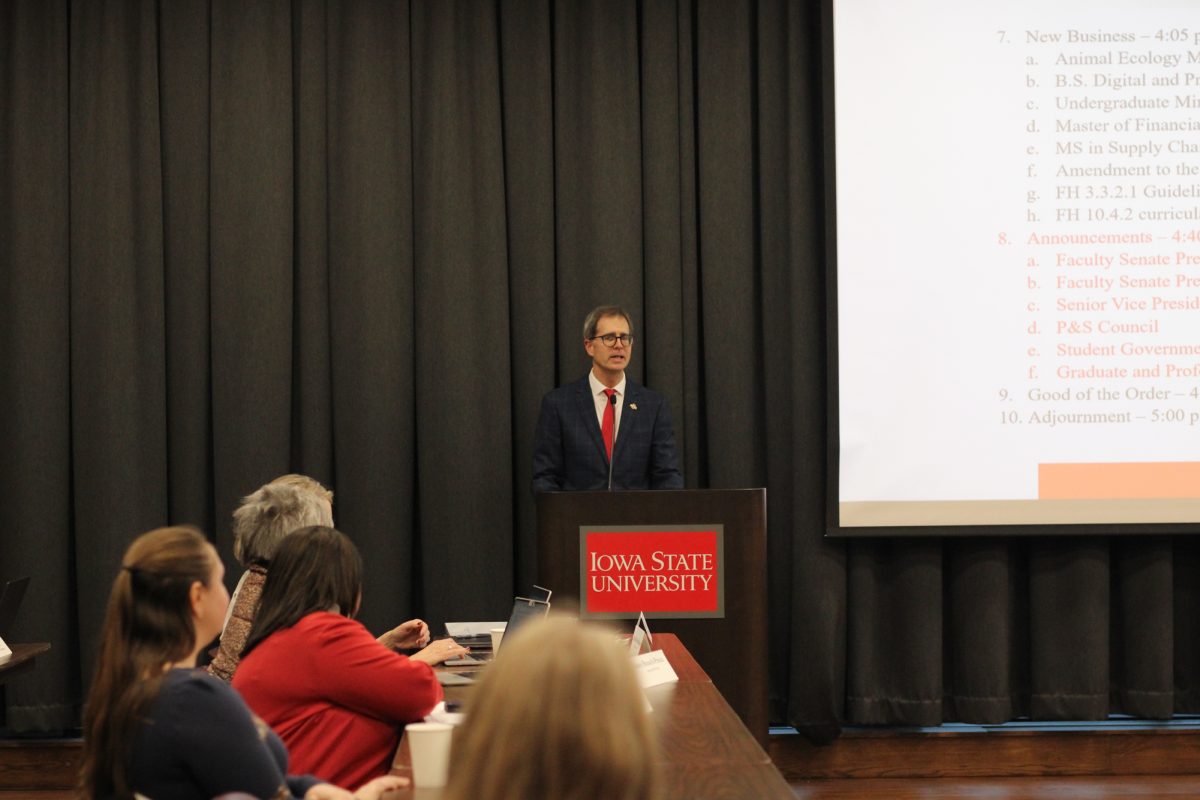Higher education has adapted slowest to artificial intelligence (AI), according to Tyler Cowen, economics professor at George Mason University. Cowen also spoke on how job scarcity stands due to AI and how country-by-country it has become an arms race.
“We stand at a very unusual moment in human history,” Cowen said. “For the first time, I think ever, human beings actually have created a different kind of intelligence.”
Aside from teaching at George Mason since 1989 and serving as department chair since 2000, Cowen is an economics blogger and opinion columnist published in several publications, including the New York Times and the Wall Street Journal.
“I see different parties in the world adapting to AI at different speeds, and you know comes in last on speed, it’s actually higher education so far,” Cowen said to a nearly full Durham Great Hall Lecture Series event Thursday.
Ezra Butcher, a graduate student and instructor in economics, said that as a teacher he has experimented with AI, and said that the new technology serves as a complement, not a replacement.
“In order to actually make use of AI you have to have some knowledge of the solution,” Butcher said. “So it’s a complement to the knowledge you already possess, it’s not a replacement. And kind of generally speaking, AI and all innovation throughout human history has always made productive people more productive… It’s not really anything to be scared of.”
Cowen said as a professor, Generative Pre-Trained Transformers (GPT) have not yet exceeded his ability to complete a task, but said it can act as an aid.
“So if I play around with GPT, I ask it a lot of economics,” Cowen said. “I’m consistently impressed how good it is. But on the topics I know pretty well, it’s never better than me.“
The ability to use it can give someone an advantage, and input will influence results, according to Cowen.
“The advantage is there for the taking, and use is easier than other major assists you may need in life,” Cowen said. “Like once you’ve paid, using it more is free,” Cowen said. “So that’s like a big list. There’s a lot that’s not on that list. You don’t have a builder. You don’t have a gardener. you don’t have a carpenter. you don’t have someone who is smarter than you at the things you know best.”

Jobs
Cowen said although that jobs may be lost, the net jobs created or lost will not fluctuate.
“So I don’t think there’s going to be a net disruption of jobs,” Cowen said. “There’s always more work to be done. We’re very far from scarcity, but there’ll be this rather major reallocation of rewards to people who work with this stuff well.”
He thinks the first jobs to be lost will be overseas call centers and jobs that are routine back office support, specifically in the Philippines and India.
Cowen also touched on the writer’s strike, an event in which AI has been of discussion. “I think writers should embrace artificial intelligence,” Cowen said. “If you worry about it. It’s a sign you’re toast. If you wake up in the morning and you say this thing is better than I am, you’re not going to make it.”
Geopolitical
Cowen called AI development an arms race, and said nations should prepare for them. From a global standpoint, Cowen said the United States is in a good position.
“I think artificial intelligence will be very good for the relative position of the U.S. in the world,” Cowen said. “First, we’re the main ones selling the stuff. That’s very important, but I think we’ll be the main ones using it.”
Cowen said he anticipates more government regulation on artificial intelligence, though comparatively, he thinks other governments like the EU and China have and will regulate open source systems more than the U.S.
According to Cowen, the rise and relevance of AI could lead to a change in geopolitics.
“You should be worried that a lot of nations are going to build [open source models.] And not all of those nations love the United States, democracy, liberty, free speech and whatever else we hold dear. So global geopolitics will change quite a bit. It could be whoever is the next major military power will be the country that has the best artificial intelligence.”
Cowen’s appearance was hosted by the Committee on Lectures and the Econ Club. Cowen’s lecture was the 2023 I.W. Arthur Memorial Lecture, named for the former Iowa State economics professor.


